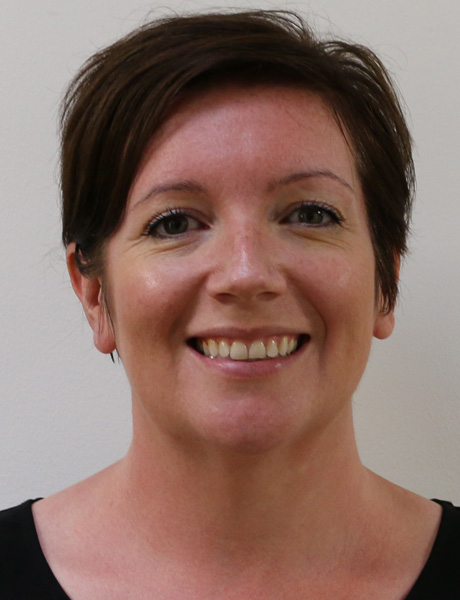Target Setting KS4
Students are given end of KS4 attainment target based on the GCSE 9-1 grading system whether they are in KS3 and KS4. These GCSE targets are based on prior attainment before entry at KS3 (SATs scores and CAT tests). The targets set based on the performance of the top 20% of students nationally to ensure that they are aspirational for all students.
Assessment KS4
Grades used in Years 10-11 use the new GCSE system of number grades 9-1. Current grades are awarded according to the combination of the assessment criteria and grade descriptors for a particular task. In some cases, Key Assessment Tasks (KATs) may use may use some rather than all aspects of a grade descriptor task. As an example, a student in Year 10 may achieve a grade 6 in an assessment, which focuses on just one aspect of an assessment objective and later go on to achieve a grade 5 in a future assessment which focuses on a different aspect of the assessment objective or course which they may have found more difficult.
In order to achieve consistent progression in grades a consistent approach towards both the curriculum and its assessment has been developed. Although subjects differ in the nature of their assessments, in all subjects there is a requirement to acquire skills and content to be learnt and applied.
Students will be made familiar with the overarching assessment objectives and assessment criteria to achieve target grades within their lessons so that they can take ownership of the specific skill or area of content which they may need to improve on. The curriculum delivery of GCSE and Vocational courses is designed to allow students to mature in their skill acquisition whilst mastering the required content or knowledge. The KATs used in Year 10 and 11 only partially cover the skills and content of the courses, however they are graded using the GCSE criteria so students get a good idea of how well they are doing against the current GCSE standard.
Student performance in KATS is supplemented with the assessment that teachers consistently apply in lessons to ensure that he grading reported is as accurate as it can be. The following systems are consistently used in all lessons to ensure this level of consistency:
- All lessons have differentiated success criteria which makes simple reference to the assessment criteria by which the teacher will judge whether the lesson has been effective
- All students will be accustomed to reviewing their work and the work of others and be able to provide relevant feedback on the strengths and areas for improvement.
- All teachers model answers of the expected standard
- All teachers utilise strategies to ensure they can assess whole class progress rapidly and target support within lesson (e.g. traffic lights, mini-whiteboards, etc.)
Assessment Points KS4
Assessment point reports are published two or three times during the course of the academic year depending on the Year group. The timings of these reports and the evidence used to identify the grades for each Year group are detailed in Table 1 below.
At each assessment point teachers provide both a current and a predicted grade. These are both fine graded to provide further detail on how comfortably they sit at that grade. The current grade is based on the level a student has worked at since the previous assessment point and the predicted grades reflects the grade they are expected to achieve at the end of Year 11.
Students will also receive an ‘on track indicator’ for each subject with each assessment report. The predicted fine attainment grade is compared to the end of KS4 target grade and if it is below the on-track indicator will be T-, if it is the same it will be T and if it is above it will be T+. This allows both parents and the school to identify very quickly where a student’s areas of weakness are and enables the swift implementation of any necessary intervention.
Table 1
|
Year Group |
Assessment Point 1 | Assessment Point 2 | Assessment Point 3 |
| Year 10 | Post-Christmas holiday -Based on December assessment week results | July - Based on summer assessment week results | N/A |
| Year 11 | Autumn half term - based on internal standardised key assessment tasks | Post-Christmas holiday -Based on December assessment week results | March -Based on internal standardised key assessment tasks |


 Mrs Lucie Brennan
Mrs Lucie Brennan